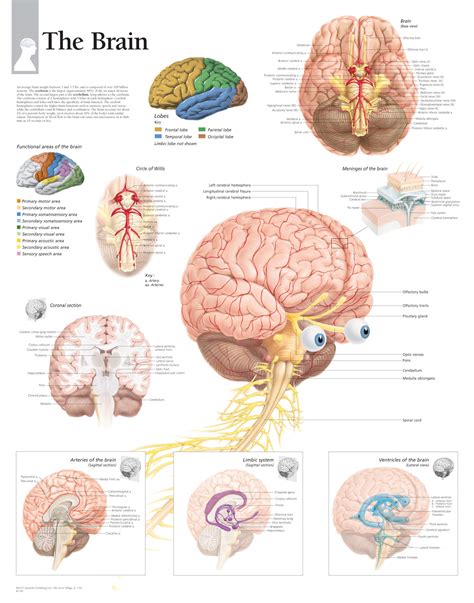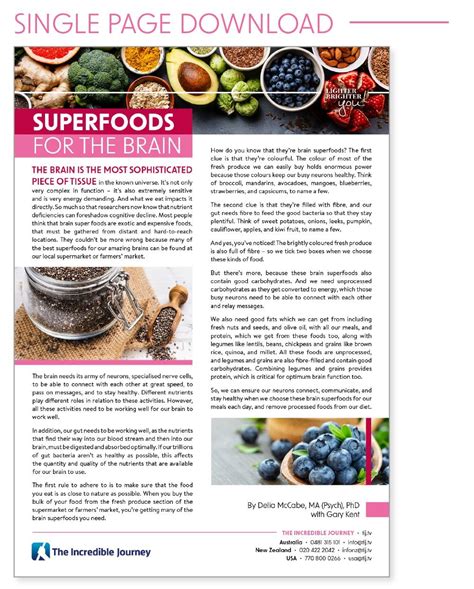How can nutrition maximize sustained daily energy & cognitive focus?

Fueling Your Brain and Body: The Nutritional Blueprint
In today’s demanding world, maintaining consistent energy levels and sharp cognitive focus throughout the day is more crucial than ever. While factors like sleep and stress management play a role, nutrition stands as a foundational pillar. What you eat directly impacts your brain’s ability to function, your body’s energy production, and your overall mental clarity. This article explores how strategic dietary choices can unlock peak performance and sustained vitality.

Macronutrients: The Foundation of Sustained Energy
The three macronutrients—carbohydrates, proteins, and fats—are your body’s primary energy sources. The key lies in choosing the right types and balances for sustained release.
- Complex Carbohydrates: Unlike simple sugars that lead to quick spikes and crashes, complex carbs (found in whole grains, oats, quinoa, brown rice, and starchy vegetables) provide a steady supply of glucose, the brain’s preferred fuel. Their fiber content slows digestion, ensuring a gradual energy release.
- Lean Proteins: Essential for building and repairing tissues, protein also plays a vital role in energy stability. It slows down carbohydrate absorption and helps produce neurotransmitters like dopamine and norepinephrine, crucial for alertness and focus. Include sources like lean meats, poultry, fish, eggs, legumes, and tofu.
- Healthy Fats: Often misunderstood, healthy fats (monounsaturated and polyunsaturated) are critical for brain health and sustained energy. Omega-3 fatty acids, found in fatty fish (salmon, mackerel), flaxseeds, and walnuts, are particularly beneficial for cognitive function, memory, and mood regulation. Avocados, nuts, and olive oil are also excellent sources.

Micronutrients: The Unsung Heroes of Cognitive Function
While macronutrients provide the bulk of your energy, micronutrients—vitamins and minerals—act as critical co-factors in countless metabolic processes, including energy production and neurotransmitter synthesis. Deficiencies can significantly impair both physical energy and mental sharpness.
- B Vitamins: A powerhouse for energy, B vitamins (B6, B9, B12 particularly) are essential for converting food into usable energy and for nerve function. Found in whole grains, leafy greens, eggs, and lean meats.
- Iron: Crucial for oxygen transport throughout the body and to the brain. Low iron can lead to fatigue, poor concentration, and irritability. Rich sources include red meat, spinach, lentils, and fortified cereals.
- Magnesium: Involved in over 300 enzymatic reactions, magnesium is vital for energy production, nerve function, and muscle relaxation. Found in dark leafy greens, nuts, seeds, and whole grains.
- Antioxidants: Vitamins C, E, and various phytonutrients protect brain cells from oxidative stress, supporting long-term cognitive health. Berries, colorful vegetables, and green tea are excellent sources.

The Undeniable Power of Hydration
Dehydration, even mild, can significantly impact energy levels, mood, and cognitive performance. Your brain is approximately 75% water, and adequate hydration is essential for nutrient transport, waste removal, and maintaining optimal brain function. Aim for at least 8 glasses of water daily, increasing intake if you’re active or in a warm climate. Herbal teas and water-rich fruits and vegetables also contribute.

Strategic Eating: Timing and Frequency
How you time your meals and snacks is almost as important as what you eat. Instead of large, infrequent meals that can lead to energy slumps, opt for smaller, balanced meals and snacks every 3-4 hours. This keeps blood sugar stable, ensuring a continuous supply of energy to your brain and body. Don’t skip breakfast, as it jumpstarts your metabolism and provides immediate fuel after an overnight fast. Also, be mindful of your last meal before bed; too heavy can disrupt sleep, too light can lead to nighttime hunger.

Foods to Embrace for Peak Performance
To summarize, prioritize these foods in your daily diet:
- Whole Grains: Oats, quinoa, brown rice for sustained energy.
- Leafy Greens: Spinach, kale for vitamins, minerals, and antioxidants.
- Berries: Blueberries, strawberries for antioxidants and brain health.
- Fatty Fish: Salmon, mackerel for Omega-3s.
- Nuts & Seeds: Walnuts, chia, flax, almonds for healthy fats, protein, and micronutrients.
- Avocados: Healthy fats and fiber.
- Legumes: Lentils, beans for plant-based protein and complex carbs.
- Water: The ultimate nootropic.
Limit processed foods, sugary drinks, and excessive amounts of simple carbohydrates, which can lead to energy crashes and impair cognitive function.
Conclusion: Your Plate, Your Potential
Maximizing sustained daily energy and cognitive focus through nutrition isn’t about restrictive diets; it’s about making informed, consistent choices. By prioritizing complex carbohydrates, lean proteins, healthy fats, a spectrum of micronutrients, and ample hydration, you provide your body and brain with the optimal fuel to thrive. Start by making small, sustainable changes to your diet, and observe the profound impact on your energy levels, mental clarity, and overall well-being. Your plate holds the power to unlock your full potential.








